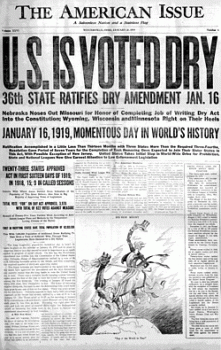For @ChrisCree , @SheilaS , and @BeckyMcCray

about how often we end up looking and caring in the wrong direction.
A friend is going for a job or a contract and does everything she can to be all that person wants. Then hears “I’m sorry, but you’re just not a great fit for this job.” She’s so involved in that one position that she’s crushed and any other option is a loss.
Another person so needs a sponsor to move his project forward. He puts together what is a most compelling argument. The potential partner, unfortunately, doesn’t have the resources to help. He sees time lost and his inability to convince someone.
Both are waiting for their ship to come in.
Every day I talk to someone who’s got a grand plan for how things will lay out or how things should be, will be, if only that ship comes in. Listening to them talk you can almost see that ship in the distance on the horizon. The hidden assumption is that the ship will come in and pick them up.
That’s the problem, even if that is a ship in the distance, you don’t own it. Who knows where it’s going? Even if it comes in, where it goes is up to the captain.
What if we slightly shift our vision — stop looking at that one ship and starting thinking about a world full of captains?
Sometimes the harbor is filled with ships waiting to take on working staff and paying passengers. Sometimes is not. But one thing’s sure more than most. Some of people who run the ships have gotten to know each other.
It’s the person, not the job or the sponsorship, that my two friends should be tracking … care about the “captain,” not the ship. Lots of folks have reasons to want to ride along with them for some reason. You can’t negotiate your way on board if the right person doesn’t care about you.
If you want a chance at the real opportunity …
Get the “captain” to fall in love with your vision and to believe in its reality. Move the “captain” to feel like a hero and smart for helping you.
You see …
Even if the captain’s ship isn’t going where we’re going, that person still knows a whole network of other “captains.” If we communicate the value of what we’re doing, chances are most captains will start looking for a ship going in our direction.
Care about the captain and not the ship.
How can you shift your vision to the people who can get you where you’re going?







